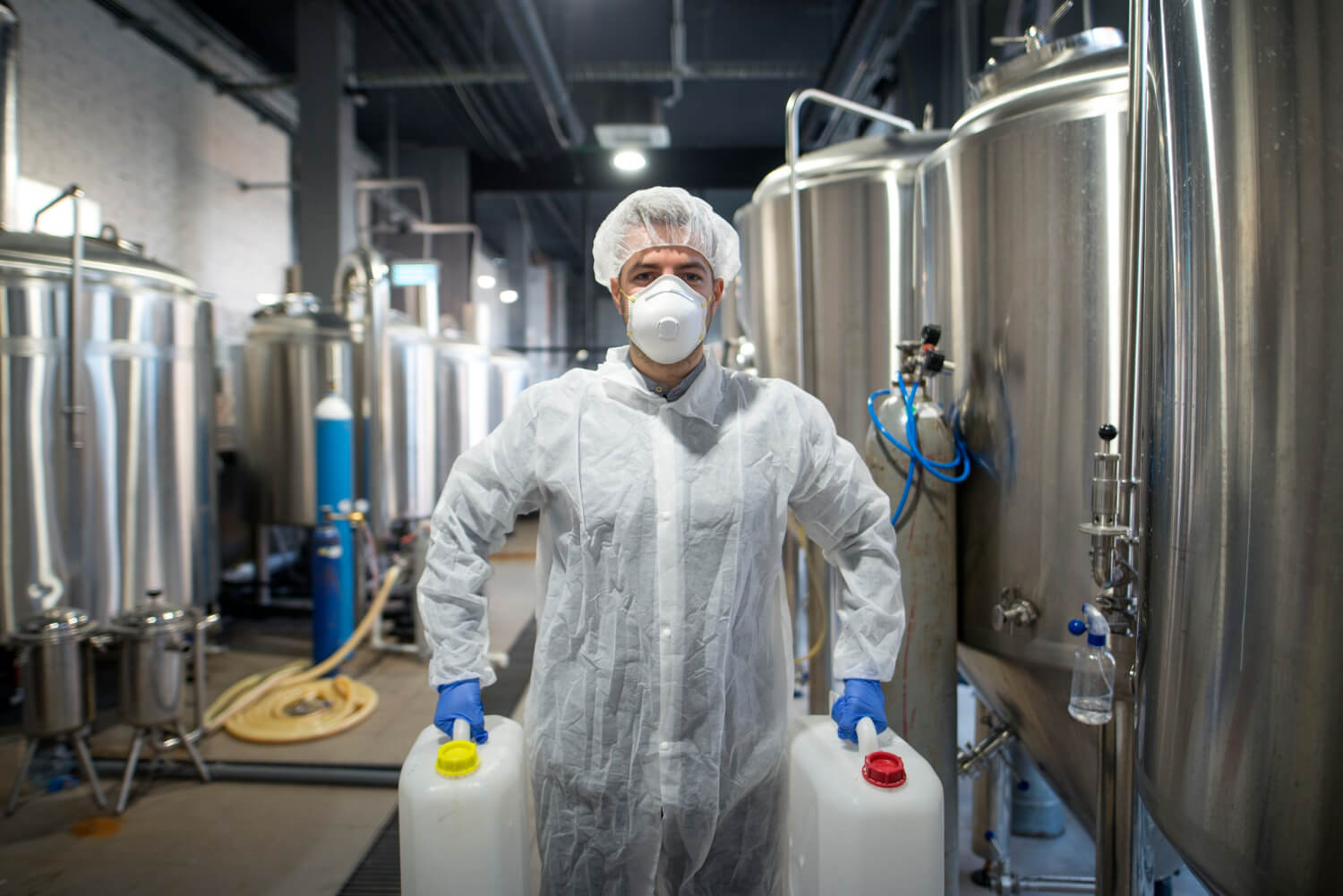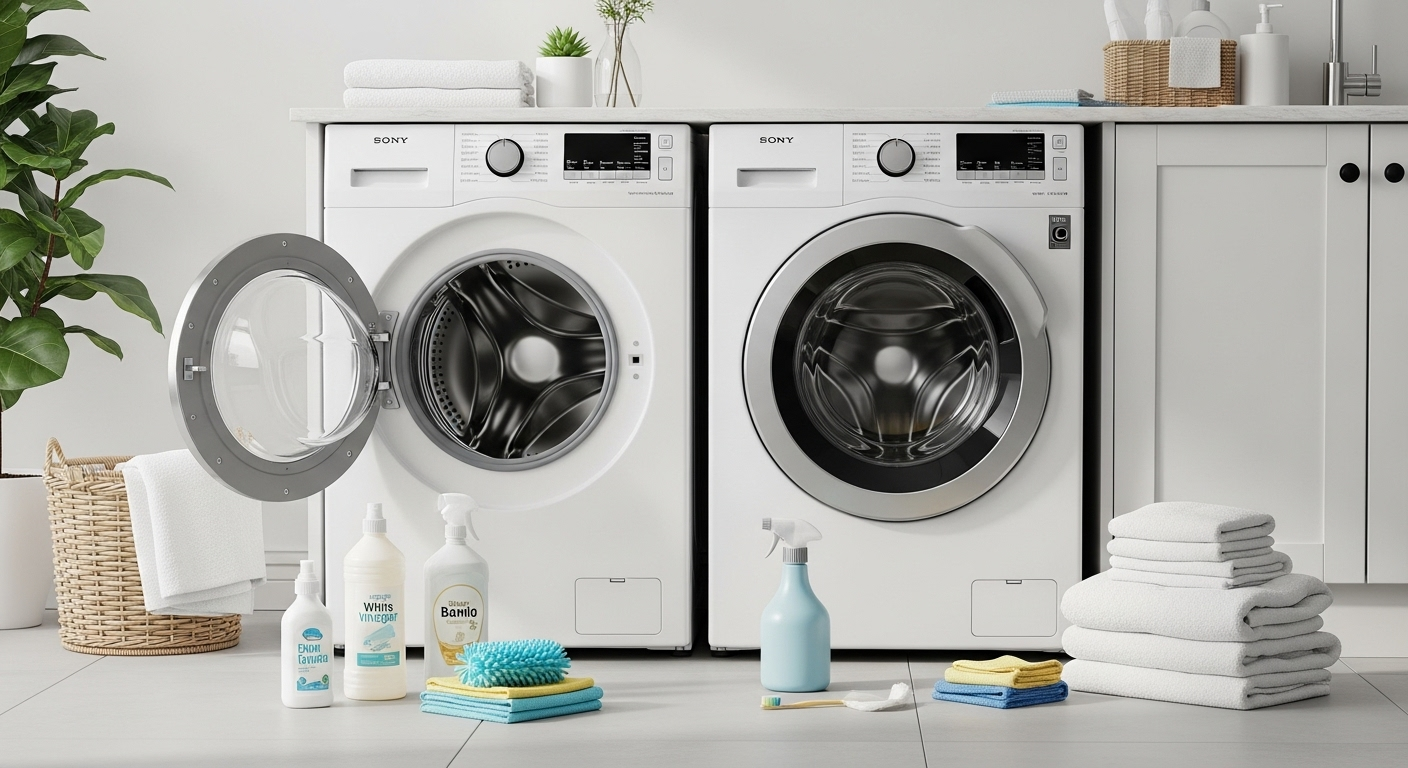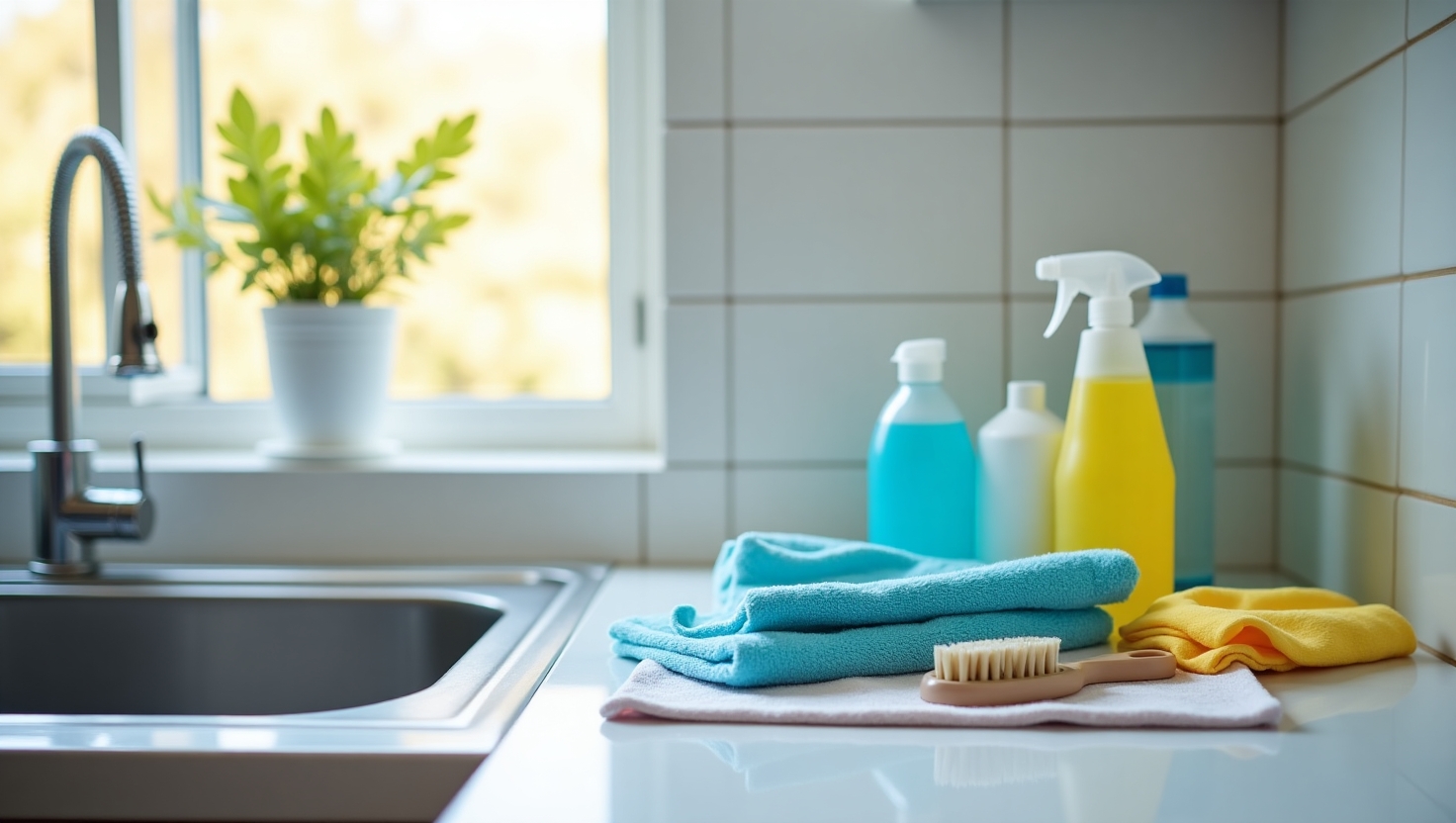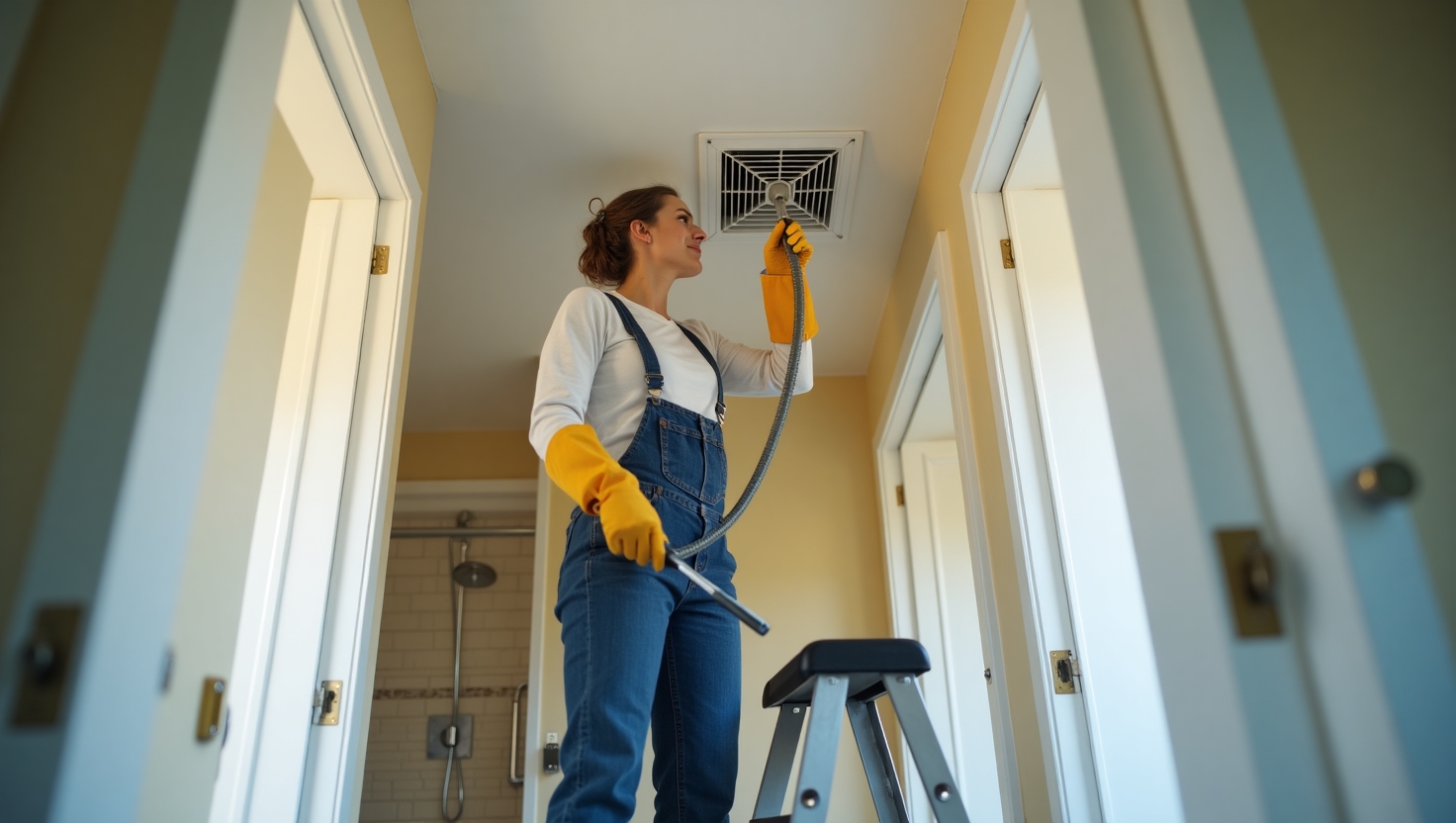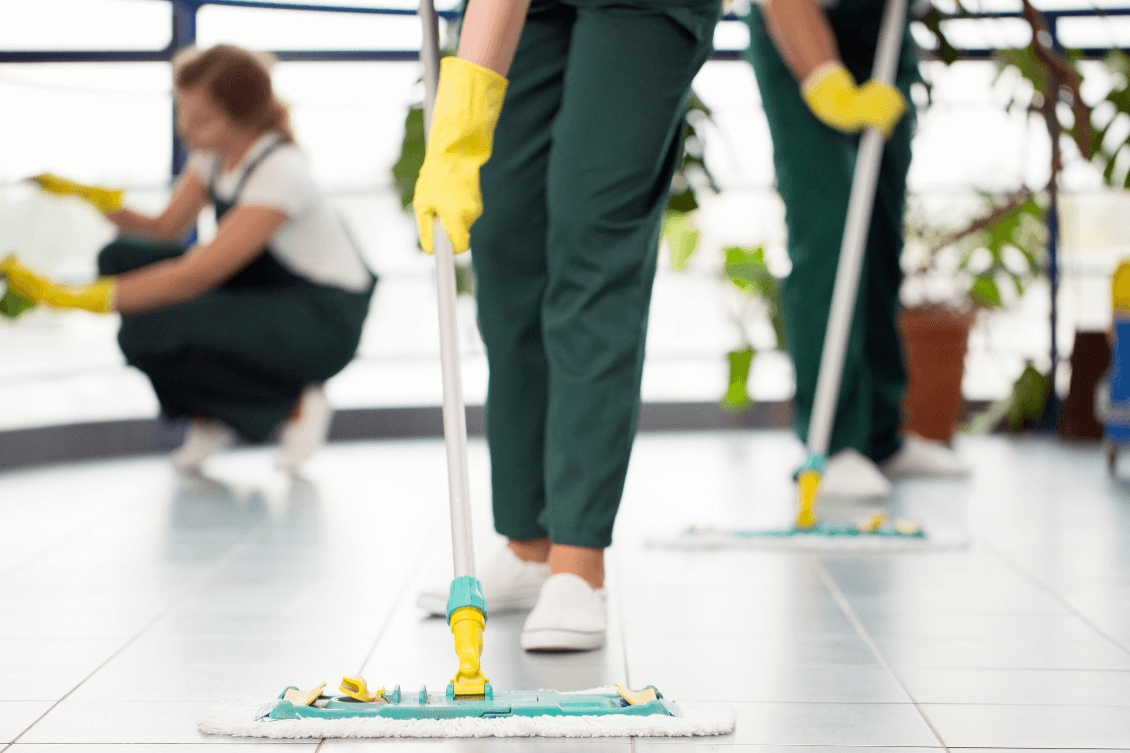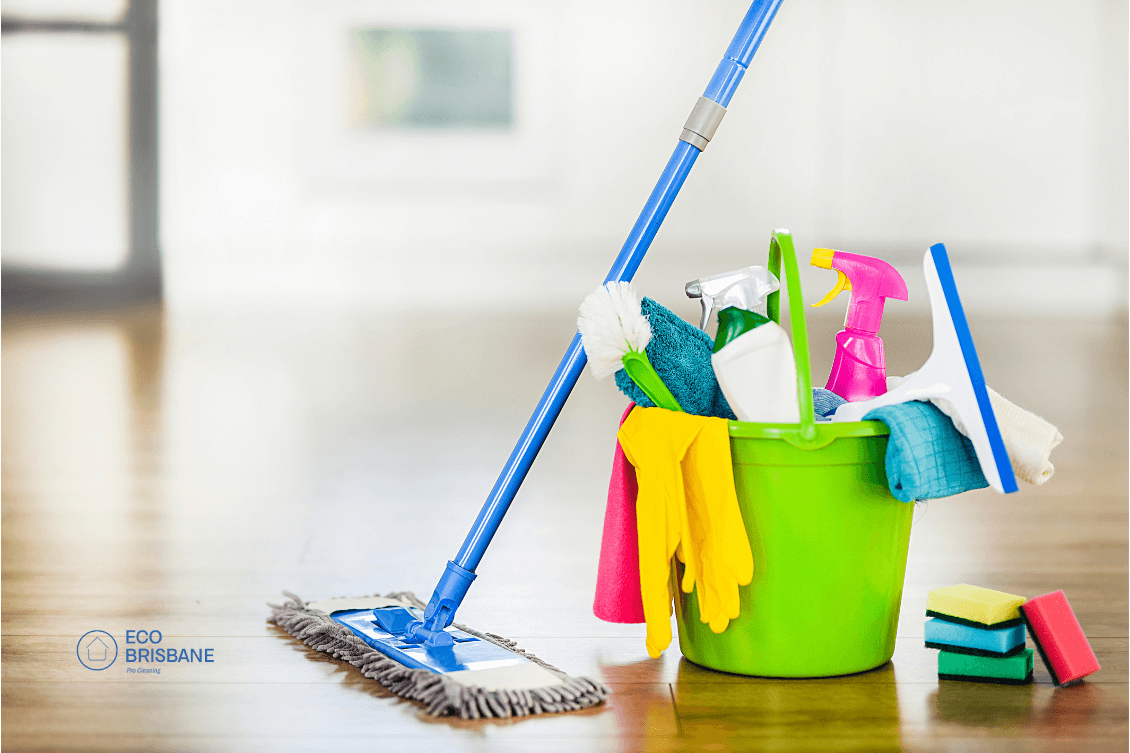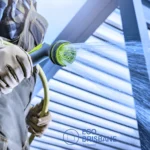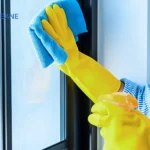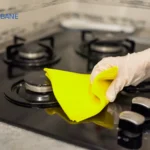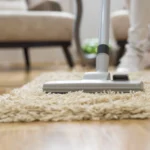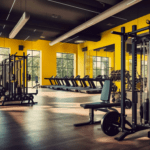With strict regulations and high standards for cleanliness, keeping food processing facilities properly sanitised is no small task. Yet it is essential for ensuring food safety, preventing cross-contamination, and protecting your brand’s reputation. Partnering with professional cleaning services experienced in this industry can help food manufacturers and processors maintain clean, code-compliant facilities. But what should you look for when choosing a provider?
Table of Contents
Why Food Facilities Need Specialised Cleaning
Food processing environments contain many zones that require frequent, thorough cleaning. This includes production lines, equipment, storage areas, loading docks, breakrooms, bathrooms, and more. Failure to properly clean any of these areas can allow dangerous microorganisms like Listeria or Salmonella to spread. Facilities that produce ready-to-eat foods are especially at risk.
Additionally, different areas have unique cleaning requirements. For example, production equipment needs heavy-duty degreasing and sanitising. Bathrooms require disinfectants to eliminate germs. Breakrooms need all-purpose cleaners suitable for high-traffic zones. With so many specific needs, a one-size-fits-all approach usually falls short.
General janitorial services lack the specialised products, tools, and techniques needed in food facilities. But professional cleaners that regularly service this industry have the right capabilities.
Certifications to Look For
Several certifications can help verify a cleaning company’s expertise in food processing environments. These include:
SQF Certification
The Safe Quality Food (SQF) Program is a rigorous food safety and quality certification. Facility cleaning services that carry SQF certification understand food safety requirements. They follow best practices for sanitising tools, controlling pests, and more.
HACCP Training
The Hazard Analysis and Critical Control Point (HACCP) system helps identify risks and establish cleaning controls. Cleaners trained in HACCP principles can properly implement and document sanitation procedures.
Food Safety Certificates
Cleaners can earn food safety training certificates from organisations like the International Sanitary Supply Association (ISSA). Such training covers contamination risks, chemical handling, and other critical concepts. Facilities should ensure cleaners have up-to-date certificates.
Key Capabilities to Require
A food-savvy cleaning service should offer a wide range of capabilities tailored to this sector. Be sure potential providers can demonstrate experience with:
Specialised Cleaning Methods
Different areas in food facilities need different techniques. For example, cleaners must know how to properly foam, rinse, and sanitise production machinery without damaging equipment. Proper floor care procedures are also essential to avoid slippery safety hazards. Look for cleaners well-versed in methods for diverse processing environments.
Industry-Specific Products and Tools
General cleaning chemicals won’t cut it in food processing facilities. Instead, cleaners need commercial-grade degreasers, disinfectants, and sanitisers approved for the food industry. They also need the right tools, like chemical injection sprayers, industrial floor scrubbers, and power washers. Verify they use odourless products to avoid affecting food quality.
Documented Cleaning Processes
Thorough cleaning procedures should be systematically documented at food facilities. This includes keeping records of areas cleaned, methods used, chemicals applied, equipment temperatures, water quality, and other details. The most qualified cleaning services provide supervisors to oversee and document the cleaning process.
Regulatory Expertise
Cleaning crews must understand the many hygiene regulations facilities must meet. This includes state and local health codes, OSHA directives, and requirements like Current Good Manufacturing Practice (CGMP). Look for services well-versed in the standards facilities must comply with.
Questions to Ask Prospective Cleaners
When interviewing potential food facility cleaning services, be sure to ask:
- Do you have dedicated experience in food processing/manufacturing facilities? How long have you served this industry?
- What types of food processors and manufacturers have you worked with? What were your cleaning responsibilities?
- Does your staff have formal training and certification in food safety and HACCP principles? May I see the documentation?
- What is your process for documenting cleaning procedures and sanitation monitoring?
- What commercial-grade chemicals and sanitisers do you use? Are Safety Data Sheets available?
- How will you ensure cleaning procedures meet all regulatory standards and codes?
Partner with Specialised Experts
Maintaining sanitation standards in food processing environments takes specialised capabilities and vigilance. While an investment, outsourcing to properly trained cleaners can pay dividends through boosted food safety. Be sure to validate certifications, experience, and expertise when choosing a provider. With a rigorous approach to cleaning, facilities can meet exacting industry standards.
Eco Cleaning Brisbane is a leading cleaning company serving food processors across the Brisbane region. Our highly trained cleaners follow stringent procedures tailored to the unique needs of food facilities. We stay current on all regulations and use hospital-grade disinfectants ideal for sanitising sensitive environments. With SQF certification and decades of food industry experience, we are fully equipped to meet the highest standards of cleanliness and safety. Contact us today for a custom quote on outsourced cleaning services for your facility.
Frequently Asked Questions
✓What are some key areas requiring frequent cleaning in food processing facilities?
Some of the most critical areas needing diligent cleaning include production lines, heavy equipment, loading docks, storage rooms, break areas, locker rooms, and bathrooms. Any areas exposed to food must be kept sanitised.
✓What risks are posed by inadequate cleaning?
Improperly cleaned facilities can allow Listeria, Salmonella, E. coli and other dangerous microbes to thrive. This leads to filthy conditions and serious risk of food contamination and illness outbreaks.
✓Should written cleaning procedures be used?
Written cleaning procedures detailing the exact sanitising processes for each area are highly recommended. This allows proper documentation that protocols were completed as required.
✓How often should drains be cleaned and sanitised?
Drains in food processing areas should be thoroughly cleaned and sanitised frequently, such as daily or multiple times per week. Contaminants can easily spread from drains into food zones.
✓What qualifications should cleaners have?
Cleaners must be trained in food safety protocols and certified in programs like HACCP. Up-to-date food safety training certificates should be required. Experience exclusively in food facilities is ideal.
